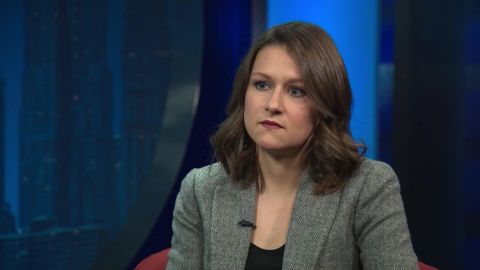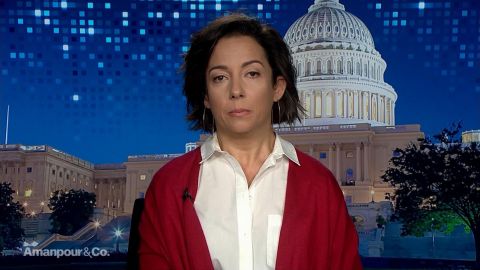Read Transcript EXPAND
AMANPOUR:
So Kim, it’s great to be able to talk to you particularly with this, you know, sort of primmer if you like, um, with the, your book that it’s come out of this very important time because this weekend in the region, the foreign ministers from the Arab league got together and unanimously rejected the peace plan. What does that mean for, I guess the U S influence over that region? And the ability to finally get some kind of end to this enduring, um, really problem but huge problem between the Israelis and the Palestinians.
KIM GHATTAS:
Well, it’s more than a problem. Of course, Palestinians continue to live under occupation for the most part. Um, what it says about, um, you know, the U S foreign policy in the region is that I think president Trump chose his time very well to put this peace plan forward because although the Arab league put out this very sharp statement, uh, stating that they rejected this middle East plan, um, I would think that it’s really mostly lip service because a, they know that their own people are not only tired of the fact that nothing ever seems to go right with the Arabs really conflict in favor of the Arabs and the Palestinians, but they’re also too consumed by the upheaval and oppression in their own countries.
KIM GHATTAS:
Whether you live under the dictatorship of [inaudible] or whether you live in the Syrian civil war or whether you live in Yemen or in Baghdad. So Arab leaders know that they can pay lip service to the cause, but in private where they’re mostly concerned about, particularly in the case of soldier Abia is the role of Iran in the region and they need the Trump administration to help them continue to curb and contain Iran. So in private, I suspect the conversations are very different between Arab leaders and the Trump administration. What is interesting is that although, um, countries like Saudi Arabia are focused on keeping or on staying on Trump’s good side because they’re concerned about Iran, this Trump peace plan provides an opportunity for the Iranians because everyone pays lip service to the Pontius Palestinian cause, including the Iranians. And they’ve been doing that ever since. I’ll throw out a Hala Khomeini in the 70s, uh, came back to Iran, became the Supreme leader and tried to use the Palestinian cause to pose as the leader who could reach beyond the borders of Iran and the Shia community and succeed where Arab leaders had failed.
About This Episode EXPAND
Nobel Prize-winning economist Paul Krugman argues that it won’t matter much which Democrat wins the 2020 presidential nomination. Journalist Kim Ghattas joins Christiane to discuss her new book “Black Wave.” Washington Post reporter Paige Winfield Cunningham sits down with Hari to explain the role of healthcare in the 2020 election.
LEARN MORE


